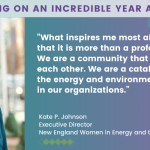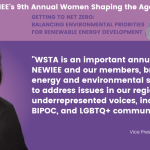LGBTQ+ Pride Month: Reflections on Traveling While Queer
I am reflecting on the meaning of America’s Pride Month as I navigate the roads of another country. How do my experiences abroad run parallel to or diverge from at home? Other cultures have adopted many of our symbols of queer identity, easing my ability to navigate foreign spaces and to identify those I hope will be welcoming.
Symbols
The six-banded gay pride flag on a door universally indicates an establishment as queer-identified, or at least queer-friendly. The eleven-banded progress pride flag does even more to welcome us into a space by rightfully acknowledging the role of black and brown trans folx in establishing Pride celebrations to begin with. The symbols of allied communities—a raised black fist, Rosie the Riveter—are similarly being adopted abroad and beckon a sense of recognition and safety. Other ubiquitous symbols can cause distress, such as the seemingly innocuous bathroom stick figures.
Basic Needs – Like a Restroom
My presence in women’s restrooms has been questioned in every country that I have visited, and in every state or commonwealth that I have lived in: Tennessee, Arizona, Wisconsin, and now, Massachusetts. “I am a woman. This is my bathroom.” has become as much a part of my foreign travel vernacular as “How much does this cost?” and “Where is the hotel?” In the United States, language is rarely the barrier to establishing my right to use a restroom, but rather culture wars and, increasingly, laws.
The resistance I receive when using American bathrooms is often more confrontational than abroad – I have been asked to leave a restroom, physically barred entry, and had venue staff called to escort me out. The prevalence of these experiences is only growing, complicating travel for both leisure and work.
Some Considerations for Protecting Employees on Business Travel
For Pride month I ask you to take time and research the laws and customs of the venues, cities, states, and countries where you send your employees for business meetings. Does the venue have gender-neutral bathrooms? How would venue staff respond to a request to remove a gender-nonconforming person from the restroom? Does the country or state have laws which bar medical professionals from providing care to women, queer, or trans folx should an emergency arise? What protections can you or your company provide if your employees find themselves in an unsafe situation based on their queerness?
And for those with appropriate relationships, respectfully ask your colleagues what they need to feel safe. For me that is a colleague, or even a stranger, engaging me in small talk while in line or at the bathroom sink, making it clear to all in earshot that I am where I am supposed to be.
Adria Brooks, PhD (she/her)
Senior Technical Advisor
Transmission Division
Grid Deployment Office
U.S. Department of Energy
© 2026 New England Women in Energy and the Environment (NEWIEE). NEWIEE is a non-profit, tax exempt organization under Section 501(c)(3) of the Internal Revenue Code.





